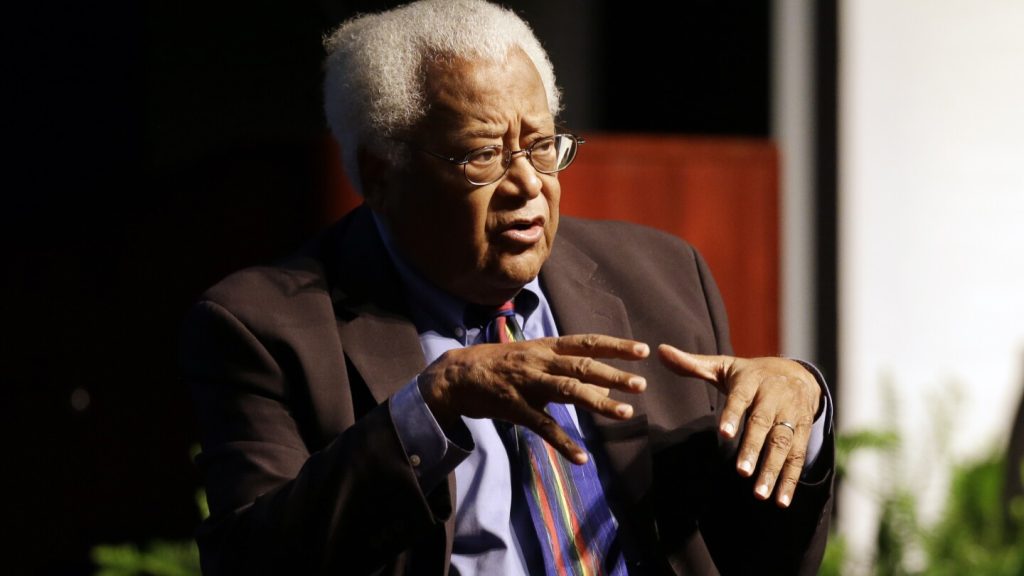The Rev. James Lawson Jr., a prominent figure in the Civil Rights Movement known for his advocacy of nonviolent protest, has passed away at the age of 95. Lawson was a close adviser to Martin Luther King Jr. and played a significant role in training activists in nonviolent resistance techniques. He introduced Gandhian principles to the movement, showing how direct action could challenge racist power structures.
Lawson’s workshops in Nashville, Tennessee, prepared many activists, including John Lewis and Diane Nash, to peacefully challenge racist laws and policies. His teachings led to Nashville becoming the first major city in the South to desegregate its downtown area. Lawson’s commitment to nonviolence stemmed from a childhood incident where he realized the power of pacifism after slapping a boy who used a racial slur against him. This experience shaped his dedication to nonviolent action throughout his life.
In 1968, Lawson organized the sanitation workers strike in Memphis, which brought Martin Luther King Jr. to the city and tragically led to his assassination. Despite the challenges and losses faced by the movement, Lawson continued to preach the power of nonviolent direct action. He remained active in his later years, urging younger generations to continue the fight for justice and equality.
Born in 1928, Lawson was the son and grandson of ministers and grew up in Ohio. His commitment to nonviolence began early in life and was further reinforced during his time as a conscientious objector during the Korean War. Lawson’s decision to embrace pacifism led him to study Gandhian principles in India and eventually become a key figure in the Civil Rights Movement.
Lawson’s impact on the movement was profound, with civil rights activist Diane Nash crediting him with bearing more responsibility than any other individual for the nonviolent approach taken by Black activists in the United States. His legacy lives on in the countless individuals he trained and inspired to stand up against racial injustice. Lawson’s teachings continue to influence activists and organizers in both Southern California and beyond.
Los Angeles Mayor Karen Bass remembered Lawson as a critical leader whose mentorship and teachings challenged systemic oppression and injustice. Other civil rights leaders, such as Reverend Al Sharpton, praised Lawson for his lifelong commitment to activism and his role in shaping the civil rights movement. As the world mourns the loss of a civil rights icon, Lawson’s message of nonviolent resistance and social change remains as relevant and urgent as ever.


